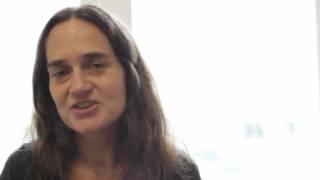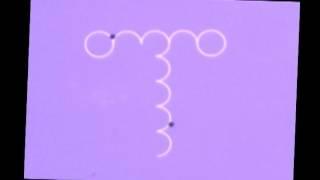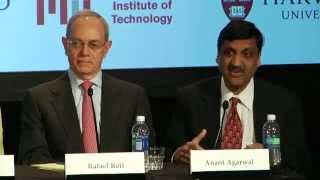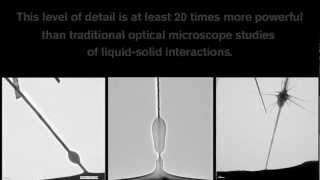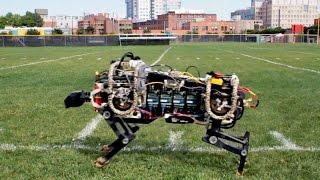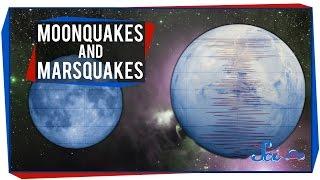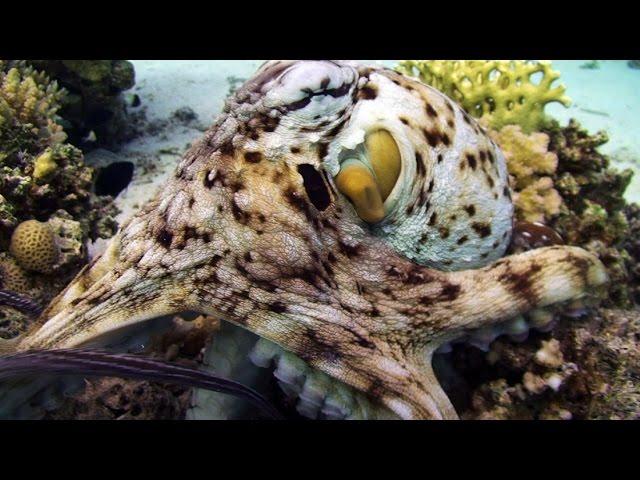Time Travel, Teleportation & Science
Time travel is the concept of moving between different points in time in a manner analogous to moving between different points in space, generally using a theoretical invention, namely a time machine. It has a commonly recognized place in philosophy and fiction, but has a very limited application in real world physics, such as in quantum mechanics or wormholes.
Although the 1895 novel The Time Machine by H. G. Wells was instrumental in moving the concept of time travel to the forefront of the public imagination, The Clock That Went Backward by Edward Page Mitchell was published in 1881 and involves a clock that allowed three men to travel backwards in time.[1][2] Non-technological forms of time travel had appeared in a number of earlier stories such as Charles Dickens' A Christmas Carol. Historically, the concept dates back to the early mythologies of Hinduism (such as the Mahabharata), Buddhism, and Islam through ancient folk tales. More recently, with advancing technology and a greater scientific understanding of the universe, the plausibility of time travel has been explored in greater detail by science fiction writers, philosophers, and physicists.
Teleportation, or Teletransportation, is the theoretical transfer of matter or energy from one point to another without traversing the physical space between them. It has a commonly recognized place in science fiction literature, film, and television, but as yet has a very limited application in real world physics, such as quantum teleportation or the study of wormholes.
Science (from Latin scientia, meaning "knowledge") is a systematic enterprise that builds and organizes knowledge in the form of testable explanations and predictions about the universe. In an older and closely related meaning, "science" also refers to a body of knowledge itself, of the type that can be rationally explained and reliably applied. A practitioner of science is known as a scientist.
In modern usage, "science" most often refers to a way of pursuing knowledge, not only the knowledge itself. It is also often restricted to those branches of study that seek to explain the phenomena of the material universe.
Source : Wikipedia
-
07:04
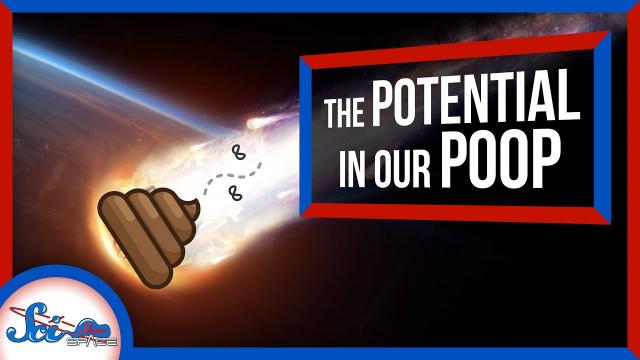
What to Do With All This Space Poo
Added 276 Views / 0 LikesThanks to Squarespace for sponsoring this video. Go to Squarespace.com for a free trial and when you’re ready to launch, go to http://squarespace.com/space and add code “SPACE" at checkout to save 10% off your first purchase of a website or domain.There a
-
06:20
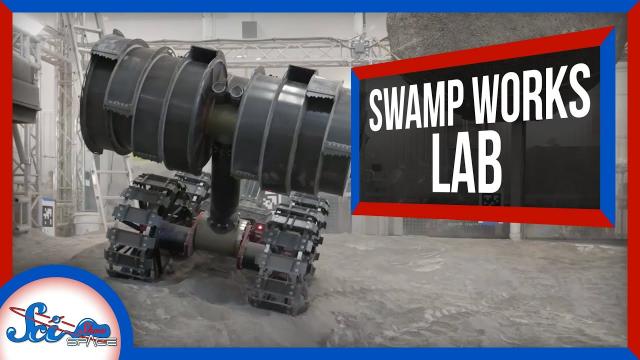
This Little-Known Lab Is Changing the Future of Space
Added 403 Views / 0 LikesThis video was sponsored by Fasthosts. Fasthosts are giving UK viewers the chance to win tickets, flight, and accommodation to SXSW 2020 by answering my Techie Test question: https://www.fasthosts.co.uk/scishowspaceTo live on the Moon, we’ll need to do th
-
22:09
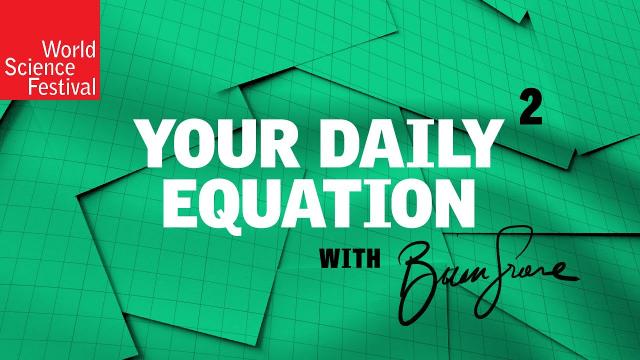
Your Daily Equation | Episode 02: Time Dilation
Added 567 Views / 0 LikesEpisode 02: Brian talks time travel. Not the kind of time travel you encounter in sci-fi, but real time travel – the kind that's written into the laws of physics and understood using the time dilation equation. Watch to learn more about how and why our pe
-
02:44
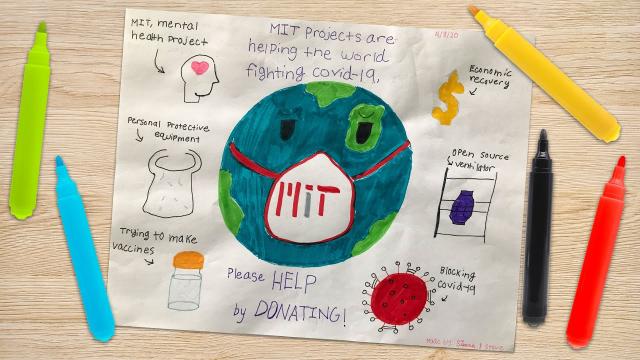
Power of a Poster
Added 429 Views / 0 LikesWhen 11-year-old Sienna Zhao found out her dad - MIT alum Steve Zhao MBA ’09 - was helping to organize donations for PPEs with MIT, she knew she wanted to help. Here, MIT’s Vice President for Communications, Alfred Ironside, chats with the budding artist
-
12:23
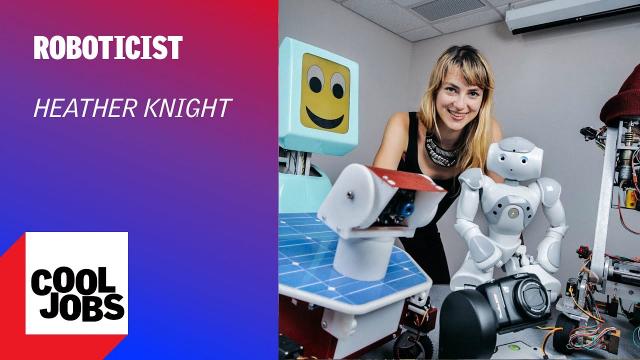
Cool Jobs: Human-Robot Investigator
Added 464 Views / 0 LikesMeet roboticist Heather Knight and explore the interactive robotic experiences she has created, which include a giant Rube Goldberg machine and a wise-cracking robot, Data, who performs a stand-up comedy routine.Episode filmed live at the 2011 World Scien
-
08:36
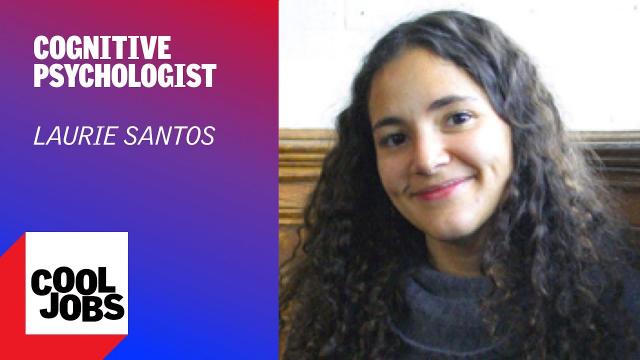
Cool Jobs: Monkey Mind Reader
Added 358 Views / 0 LikesLemurs, capuchin monkeys, and macaques help cognitive psychologist Laurie Santos understand how we think and are able to use tools, do math, and perform other tasks that make us human.Episode filmed live at the 2008 World Science Festival in New York CIty
-
02:10
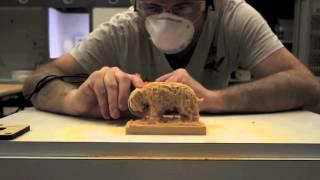
The FreeD: MIT 'smart tools' meld personal technique with computerized controls
Added 646 Views / 0 Likes -
05:18
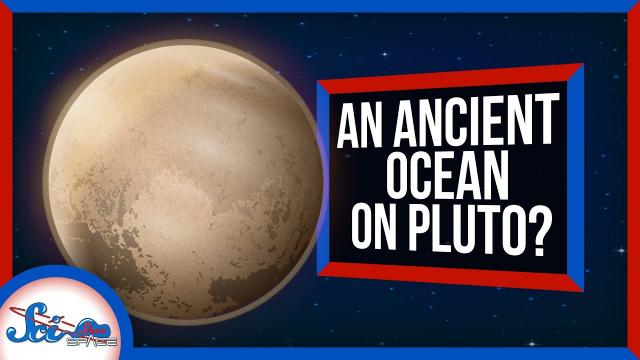
Our Galaxy Could Be Full of Exoplanets with Oceans | SciShow News
Added 415 Views / 0 LikesEarlier this spring NASA announced a new research model that predicts that ocean worlds are far from rare, and our galaxy might be full of them. And a new study examines evidence that Pluto may have had an underground ocean all along!Hosted by: Hank Green
-
55:44
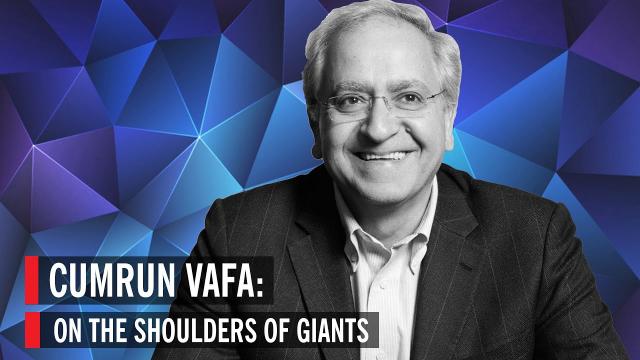
Cumrun Vafa: On The Shoulders of Giants
Added 372 Views / 0 LikesAcknowledging the scientists who blazed intellectual trails before him, Isaac Newton wrote: “If I have seen a little further it was by standing on the shoulders of giants.” In this special annual series, we invite our audience to stand on the shoulders of
-
1:01:00
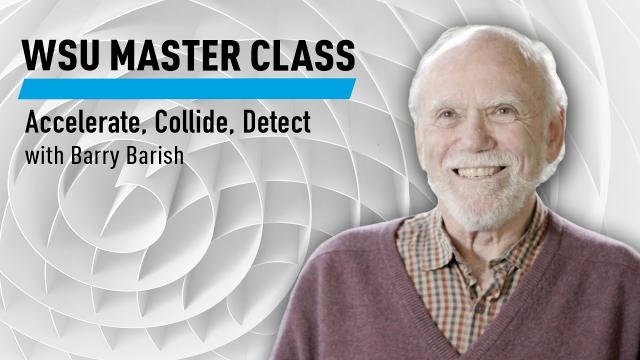
WSU:Accelerate, Collide, Detect with Barry Barish
Added 345 Views / 0 LikesParticle physics is a vibrant field entering into a period of profound discoveries. Nobel Laureate Barry Barish explores particle physics and examines the future of particle accelerators for pushing the limits of physics.This lecture was recorded on June
-
03:43
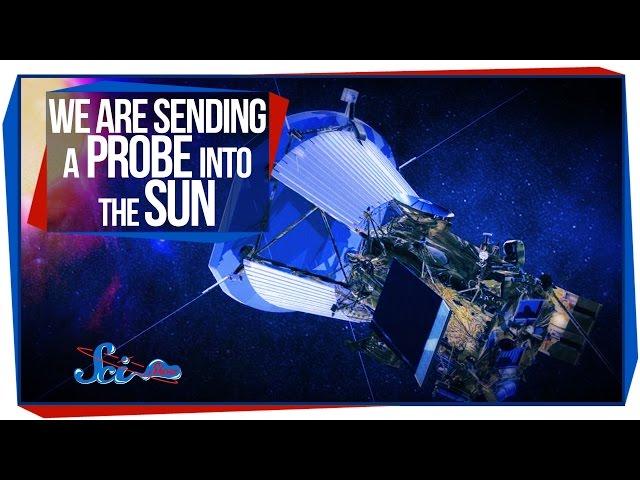
We Are Sending a Probe into the Sun
Added 721 Views / 0 LikesWe Are Sending a Probe into the Sun
-
05:54
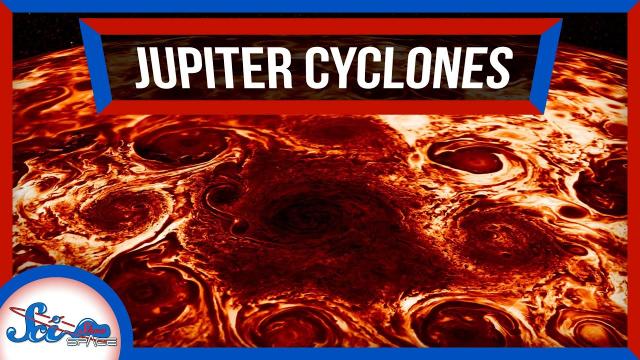
We Used 1800s Math to Solve One of Jupiter’s Biggest Mysteries
Added 262 Views / 0 LikesJupiter's storms cover the planet, but the ones at the planet’s poles have mystified astronomers for years: why haven’t they merged together yet?Hosted by: Hank GreenSciShow has a spinoff podcast! It's called SciShow Tangents. Check it out at http://www.s
-
02:51

Predicting behavior of sickle cells
Added 807 Views / 0 LikesPredicting behavior of sickle cells

